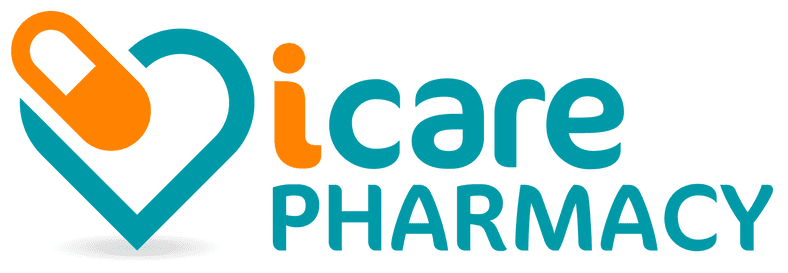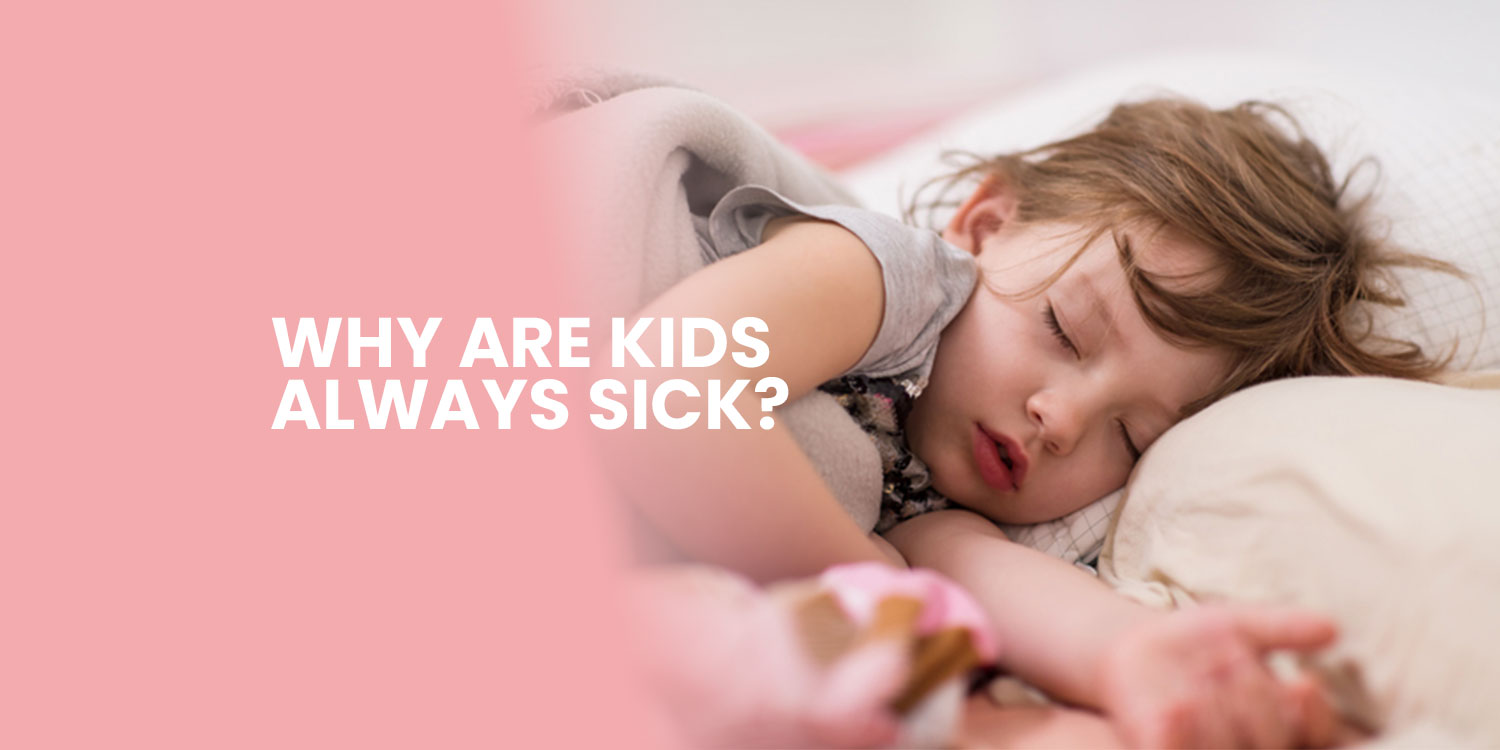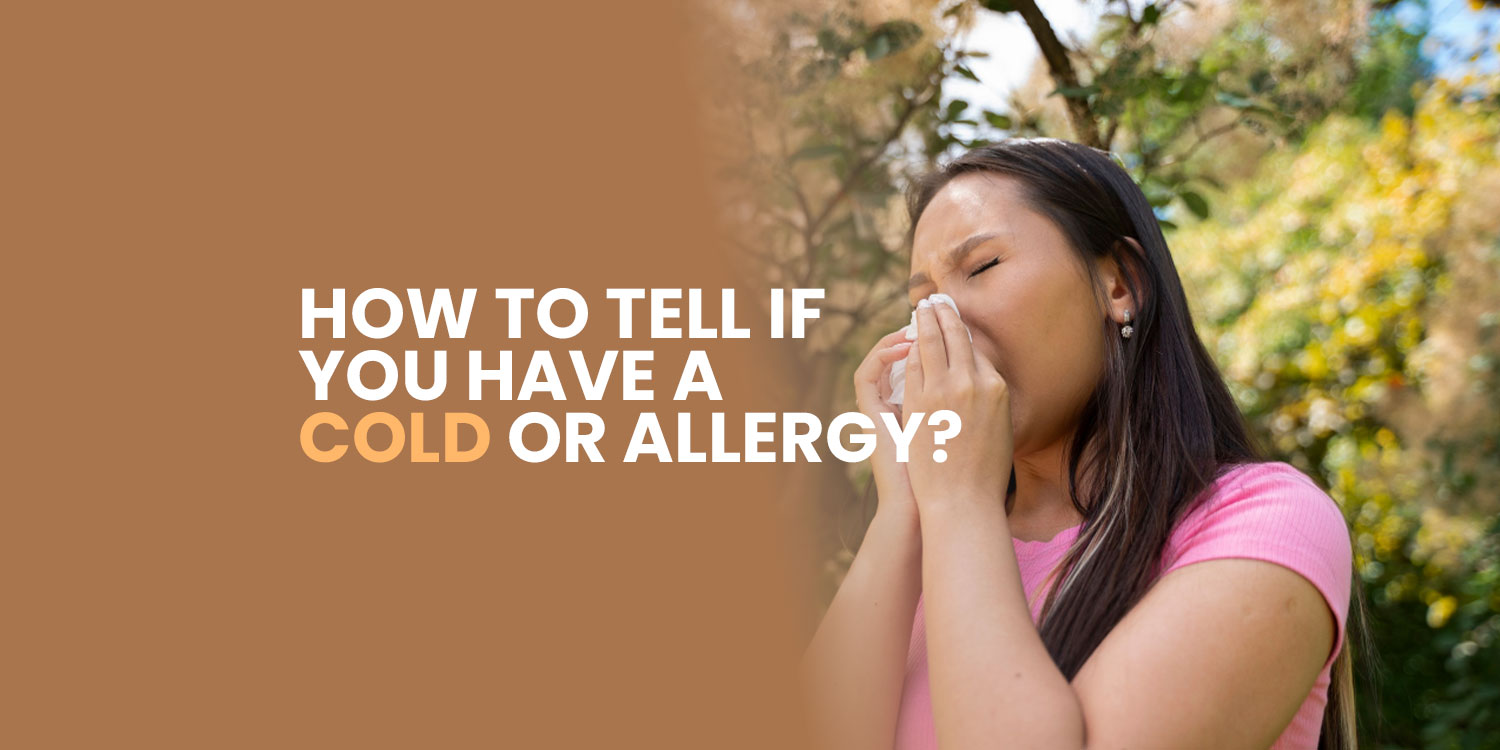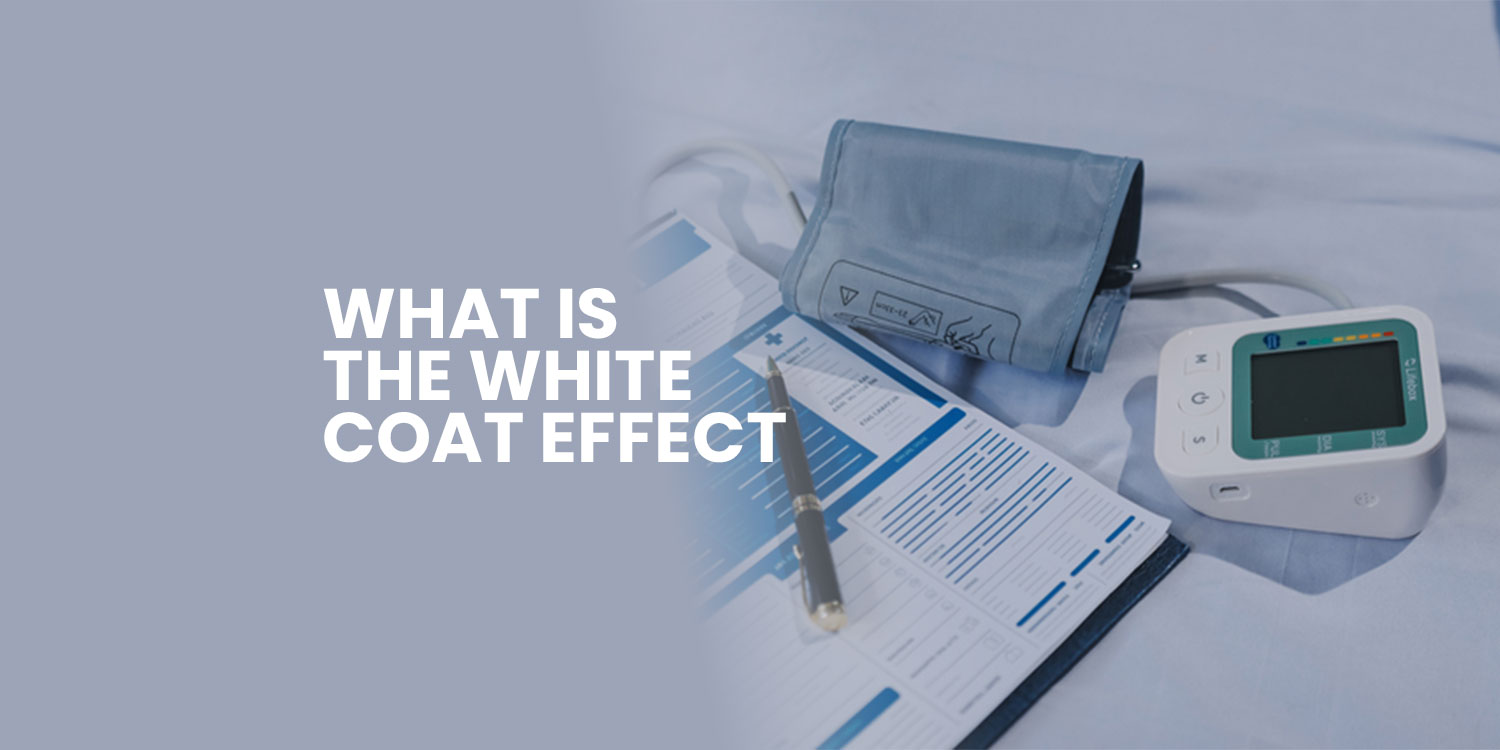Tackling Vaccine Hesitancy
The vast number of people who are right now being negatively affected by COVID19 are those who have not been fully vaccinated or only partially vaccinated. Recent rates of hospitalization, Intensive care unit admission and deaths amongst those who are unvaccinated are 8 to 60 times higher depending on your age.
We are in a situation where we are running out of beds in our hospitals and healthcare workers may have to make difficult choices such as who gets the ventilator and who doesn’t.
I would not lump all people who have not been getting the vaccine as being “Anti-Vaxxers’ ‘. In my practice even before the announcement of the vaccine passport I was still getting patients who were coming for their first injection. Some of these patients just have questions and are medication naive so are not in the habit of taking medication in regards to their health. It is a totally different world for them to even consider taking just over the counter tylenol. There are also others who have been overwhelmed by the amount of information out there and are unsure if the vaccine is truly safe and which information is true or not.
Patients who have been hesitant and have relented to get it are often those patients who have talked to friends, families and health professionals. They have heard stories of others taking the vaccine and realize that most just have had some form of minor reactions. Or they have heard from loved ones or friends who did not get the vaccine and have ended up in ICU.
At the beginning of this pandemic, which seemed like such a long time ago now, I often heard the question “Is COVID19 really a thing because I do not know anyone who got it?” I think by now we all know someone who has contracted COVID19 but more so it highlights the importance of sharing our experiences with those who may be vaccine hesitant.
Restriction Exemption Program (Vaccine Passport)
Starting September 20th Alberta will be introducing the Vaccine passport program. So this will require you to present proof of vaccination or you will have to present a negative covid test over the last 72 hours to access non-essential services.
You can now access your vaccine record through the following link:
Alberta Vaccine Record
From Sept 20th to Oct 25th you will have to show a single proof of vaccination. After October 25th you will need to show two doses to access non-essential services.
If you are not vaccinated then you can get a negative covid test but it cannot be through Alberta Health Services. You can get rapid testing through pharmacies as an option.
Businesses can choose not to participate in the Vaccine passport system but in this situation they would be limited to restrictions such as capacity and what services they could provide such as indoor dining.
COVID19 Third doses
There has been some confusion in regards to third doses. Alberta health has approved third doses for those who are immunocompromised but there has been confusion over the level of immunosuppression needed in order to qualify.
The reason for the confusion is because when the vaccines were first rolled out there was a stage where some patients who were immunocompromised such as diabetics and asthma patients were prioritized to receive first doses.
However currently the third dose is only being offered to the following groups:
Transient recipients, including solid organ transplants and hematopoietic stem cell transplants
Individual with chronic kidney disease who are receiving regular dialysis
Individuals in active cancer treatment (Chemotherapy, immunotherapy or targeted therapies) excluding those receiving only hormonal therapies, radiation therapy or surgery.
Individuals on certain medications for autoimmune diseases such as rituximab, ocrelizumab and ofatumumab.
Some countries have started immunizing their general population with third doses such as Israel which is giving their population third doses as long as it has been 5 months since their last dose.
The United States in comparison has rejected use of third doses this broadly and instead has suggested the use of third doses for their senior populations and those at higher risks because it is in these populations we are more likely to see a drop in immunity from their completed series.
So I think in Canada we will see an expansion of third doses but Canada has always been a little bit more careful in analyzing the data to make prudent choices so they will wait and see what the data says before expanding it further into the general population.




